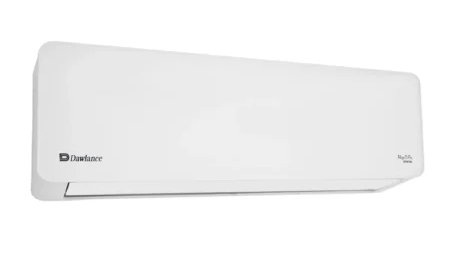Capella Assessments Revolutionizing Online Skill Mastery
Take, My, Class, Online

Capella University has distinguished itself in the world of online education by adopting acompetency-based education (CBE) model that focuses on the mastery of practical skills rather than traditional testing. At the core of this innovative approach are Capella assessments, which challenge students to prove their proficiency through real-world applications rather than rote memorization.
In this article, we will explore how Capella assessments work, why they are Capella Assessment, and how students can leverage them for academic and career success.
What Are Capella Assessments?
Unlike standard multiple-choice exams or timed tests, Capella assessments consist of comprehensive assignments that require students to apply what theyve learned in practical, career-relevant ways. Examples include:
-
Analyzing case studies
-
Developing detailed business plans
-
Writing reflective essays on leadership and growth
-
Creating healthcare intervention strategies
-
Designing instructional programs for education
These tasks are designed to measure critical thinking, problem-solving, and communication skills competencies that are essential in the workplace.
Understanding Competency-Based Education
Capellas CBE model divides each course into a series of competencies, which are specific skills or knowledge areas that students must master. Progression through a course is based on demonstrated mastery of these competencies via nurs fpx 4035 assessment 1 rather than simply completing a set number of credit hours or passing exams.
This allows students to learn at their own pace, advancing only when they prove they have mastered the material. This is especially advantageous for adult learners balancing education with work and personal responsibilities.
Rubrics: The Roadmap to Success
Each Capella assessment comes with a detailed rubric that outlines exactly what is expected for each competency level from Non-Performance to Distinguished. Rubrics provide students with:
-
Clear grading criteria
-
Descriptions of quality at different levels
-
Insight into how to improve work
-
Transparency in evaluation
Understanding and using these rubrics is critical for producing strong, competency-aligned work.
FlexPath and GuidedPath Learning Formats
Capella offers two formats that incorporate these assessments:
-
FlexPath: Students control the pace, submitting assessments when ready without traditional deadlines. This offers maximum flexibility for self-directed learners.
-
GuidedPath: Students follow a structured schedule with weekly deadlines and instructor support, ideal for those who prefer a more traditional classroom rhythm.
Both models require students to demonstrate mastery through Capella assessments before advancing.
Real-World Relevance of Assessments
Capellas assessments simulate tasks students will encounter in their professions. For example:
-
Business students create market analyses and operational plans.
-
Nursing students develop patient care nurs fpx 4055 assessment 5 based on clinical scenarios.
-
Education students design lesson plans and evaluate instructional approaches.
This ensures learning is relevant and immediately applicable, helping graduates build a portfolio of skills employers value.
Feedback and the Opportunity for Revision
Capella emphasizes a growth-oriented approach by providing detailed feedback on assessments that dont initially meet proficiency standards. Students are encouraged to revise and resubmit work to meet or exceed competency expectations, fostering continuous improvement.
This process reflects real workplace practices where feedback and iteration are vital.
Advantages of Capella Assessments
Students appreciate this assessment style because it:
-
Reduces exam-related stress by eliminating timed tests
-
Allows flexible scheduling, especially in FlexPath
-
Engages learners with meaningful, practical tasks
-
Provides clear expectations and guidance via rubrics
-
Supports learning through constructive feedback and revision
Together, these factors create a supportive environment conducive to deep learning and skill mastery.
Strategies for Excelling in Capella Assessments
-
Review rubrics carefully to understand what is required for each competency.
-
Plan your time wisely, especially in GuidedPath courses with deadlines.
-
Leverage Capellas academic resources, including writing centers and tutoring.
-
Approach feedback constructively and revise assignments thoroughly.
-
Connect assignments to your own work experience to enhance relevance and insight.
By following these strategies, students can achieve mastery efficiently and confidently.
Conclusion
Capella assessments represent a forward-thinking approach to education that prioritizes skill mastery and real-world applicability over traditional testing methods. Through authentic, competency-based assignments combined with clear rubrics and supportive nurs fpx 4035 assessment 3, Capella prepares students not just to graduate but to excel in their careers.
For students seeking a flexible, practical, and effective path to learning, Capellas assessment system offers a powerful way to gain meaningful skills and succeed professionally.


























